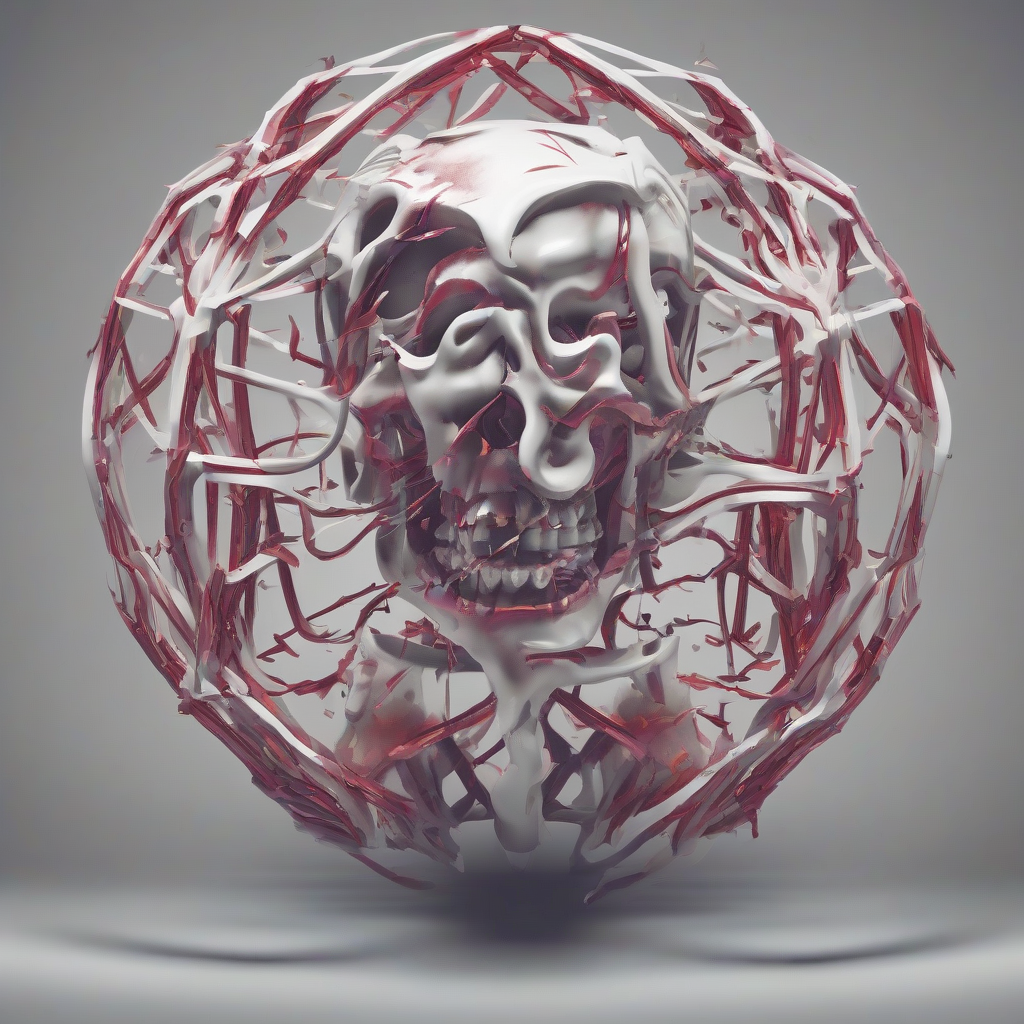
Your Plasma Donation Journey in Kearney, NE: A Comprehensive Guide
Donating plasma is a rewarding act that can significantly impact the lives of others. This comprehensive guide provides detailed information about plasma donation centers in Kearney, Nebraska, eligibility criteria, the donation process, compensation, and safety measures. We aim to equip you with the knowledge you need to make an informed decision about becoming a plasma donor.
Finding Plasma Donation Centers in Kearney, NE
Several reputable plasma donation centers operate in and around Kearney, NE. Identifying a convenient and reliable center is the first step in your donation journey. Researching online reviews and comparing center locations and operating hours is recommended. Here’s what to look for:
- Location and Accessibility: Choose a center conveniently located near your home or workplace, ensuring easy access by car or public transportation.
- Operating Hours: Consider centers with hours that fit your schedule. Many operate during weekday evenings and weekends.
- Online Reviews and Ratings: Check online reviews from previous donors to gauge their experiences with specific centers. Look for consistently positive feedback regarding staff friendliness, wait times, and overall comfort.
- Donor Compensation: Different centers may offer varying compensation packages. Compare what each center offers to determine the most financially rewarding option.
- Safety and Hygiene: Prioritize centers with high cleanliness standards and stringent safety protocols. Look for evidence of rigorous sterilization practices and adherence to health regulations.
Eligibility Criteria for Plasma Donation
Before you can donate plasma, you must meet specific eligibility criteria. These criteria ensure the safety and health of both the donor and the recipients of the plasma. The specific requirements can vary slightly between centers, but generally include:
- Age: Typically, you must be at least 18 years old (some centers may have higher age limits).
- Weight: A minimum weight requirement is usually in place, varying by center. Consult the specific center’s website or contact them directly.
- Health Status: You must be in good general health. Certain medical conditions, medications, and recent travel may disqualify you. Be prepared to answer health screening questions honestly and completely.
- Identification: You’ll need a valid photo ID, such as a driver’s license or passport, to verify your identity.
- Blood Pressure and Temperature: Your blood pressure and temperature will be checked to ensure they are within acceptable ranges.
- Hemoglobin Levels: Your hemoglobin level (a measure of red blood cells) will be tested to ensure you have enough for safe donation.
- Recent Tattoos and Piercings: Recent tattoos or piercings may temporarily disqualify you, depending on the center’s guidelines.
- Travel History: Recent travel to certain areas may lead to temporary deferral due to potential exposure to infectious diseases.
The Plasma Donation Process: A Step-by-Step Guide
The plasma donation process is relatively straightforward but involves several steps to ensure safety and efficiency. Expect the entire process to take approximately one to two hours, depending on the center and individual factors. The steps generally include:
- Registration and Health Screening: Upon arrival, you’ll complete registration forms providing personal and medical information. A brief health screening will follow, including blood pressure, temperature, and hemoglobin checks. You’ll also answer questions about your health history and current medications.
- Initial Blood Draw: A small blood sample will be taken to conduct further testing to ensure you meet the eligibility criteria.
- Plasmapheresis Procedure: If you are eligible, you’ll proceed to the plasmapheresis procedure. This is a safe and automated process where your blood is drawn, separated into its components (plasma, red blood cells, platelets, and white blood cells), and the plasma is collected while the other components are safely returned to your body. The process is comfortable and minimally invasive, with the needle remaining in your arm for the entire duration.
- Post-Donation Monitoring: After the procedure, you’ll be monitored for a brief period to ensure you are feeling well. Light refreshments and snacks are usually provided.
- Compensation: Once you’ve completed the donation process, you’ll receive your compensation according to the center’s policy.
Plasma Donation Compensation in Kearney, NE
Plasma donation centers in Kearney, NE, offer compensation to donors for their time and contribution. The amount of compensation varies among centers and may depend on factors such as the frequency of your donations and any ongoing promotions. Always inquire about the current compensation rates directly with the center you intend to use. Compensation is usually in the form of cash or a check, and some centers may offer additional bonuses or incentives for frequent donors.
Safety and Precautions for Plasma Donation
Plasma donation centers in Kearney, NE, adhere to strict safety guidelines to minimize risks and ensure donor well-being. However, it’s vital to be aware of potential risks and precautions. While generally safe, some minor side effects, such as bruising, lightheadedness, or fainting, are possible. Following these precautions can help minimize discomfort and risk:
- Hydration: Drink plenty of fluids, including water, before, during, and after your donation to maintain proper hydration levels.
- Diet: Maintain a balanced diet rich in iron and nutrients before and after donation to support your body’s recovery.
- Rest: Allow ample time to rest and recover after your donation. Avoid strenuous physical activity immediately afterward.
- Medication: Inform the center of any medications you are taking, including over-the-counter drugs and supplements.
- Honesty: Be completely honest during the health screening process. Withholding information can jeopardize your health and the safety of recipients.
- Follow Instructions: Carefully follow all instructions provided by the center’s staff throughout the donation process.
The Importance of Plasma Donation
Plasma donation plays a vital role in healthcare. Plasma, the liquid component of blood, contains essential proteins and antibodies crucial for treating various medical conditions. Donated plasma is used to manufacture life-saving medications, including those used to treat burns, shock, and immune deficiencies. Your contribution can directly impact the lives of individuals battling severe illnesses and injuries. By donating plasma, you become part of a life-saving network, offering hope and improved health outcomes for many.
Finding the Right Plasma Donation Center for You
Choosing the right plasma donation center is a personal decision based on your individual needs and preferences. Consider factors like location, hours of operation, compensation rates, donor reviews, and safety protocols. Don’t hesitate to contact multiple centers to compare their offerings and find the best fit for your circumstances. Thorough research and careful consideration will ensure a positive and rewarding donation experience.
Frequently Asked Questions (FAQs) About Plasma Donation in Kearney, NE
To further assist you in your decision-making process, we’ve compiled a list of frequently asked questions about plasma donation in Kearney, NE:
- Q: How often can I donate plasma? A: The frequency of plasma donation is regulated to ensure donor safety. Typically, there’s a waiting period between donations, often ranging from a few days to several weeks. Consult your chosen center for their specific guidelines.
- Q: How long does the plasma donation process take? A: The entire process, including registration, health screening, and donation, typically takes between one and two hours. The actual plasmapheresis procedure itself usually lasts around 45-60 minutes.
- Q: What are the potential side effects of plasma donation? A: Minor side effects are possible, including lightheadedness, bruising at the needle site, and faintness. These are usually temporary and easily managed. Serious complications are rare.
- Q: Is plasma donation painful? A: Most donors describe the procedure as painless or minimally uncomfortable. You might feel a slight pinch when the needle is inserted, but the sensation usually subsides quickly.
- Q: What if I have questions or concerns? A: Don’t hesitate to contact the plasma donation center directly. Their staff is trained to answer your questions and address any concerns you may have.
- Q: What should I do to prepare for my plasma donation? A: Ensure you are well-hydrated and have eaten a light meal before your appointment. Wear comfortable clothing and bring a valid photo ID.
- Q: What type of identification do I need? A: You’ll typically need a government-issued photo ID, such as a driver’s license or passport.






